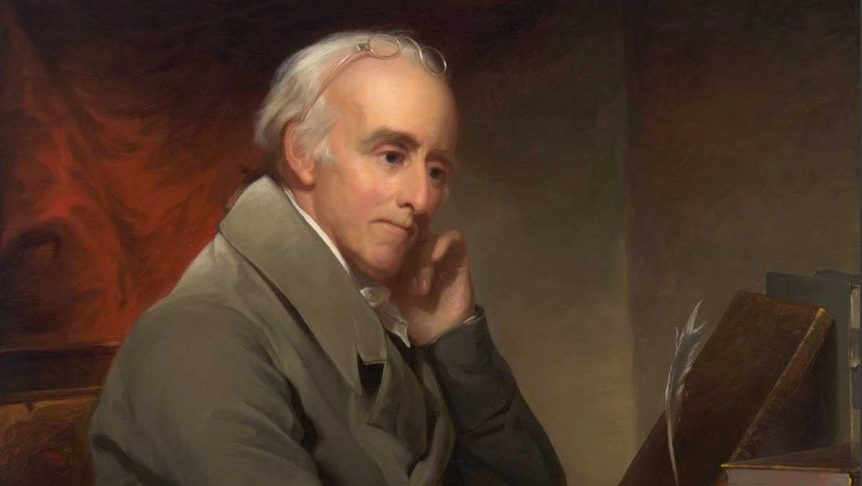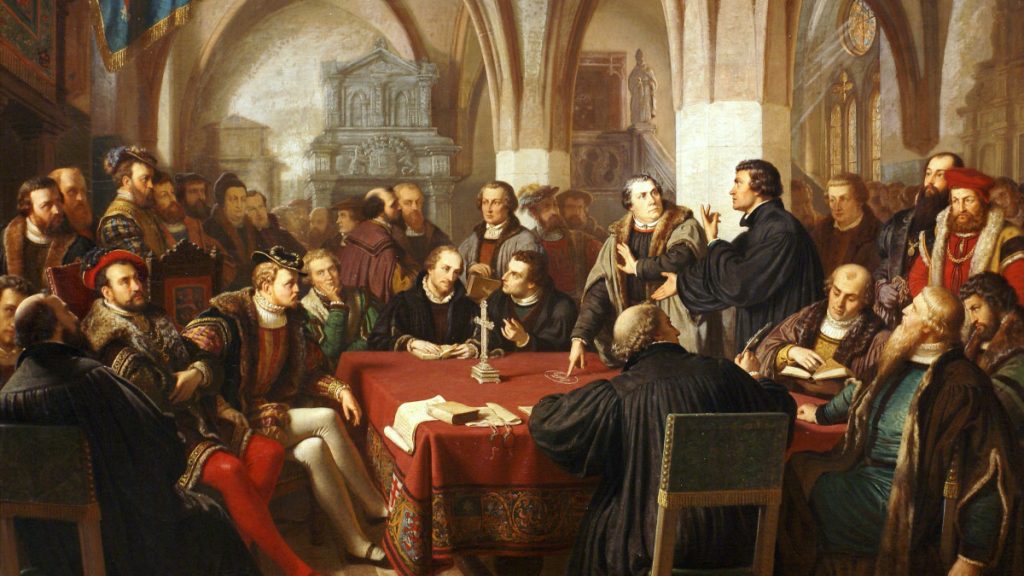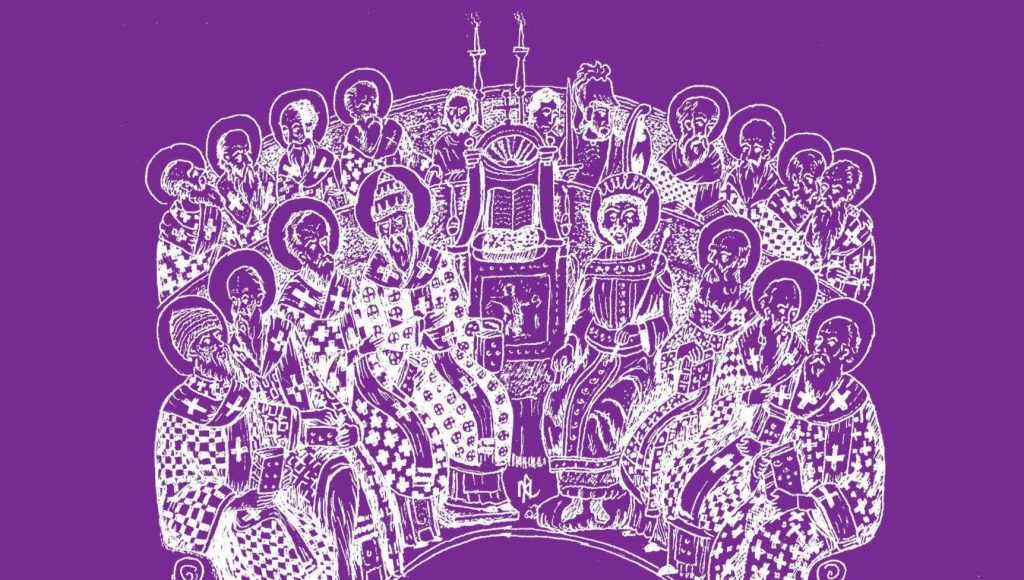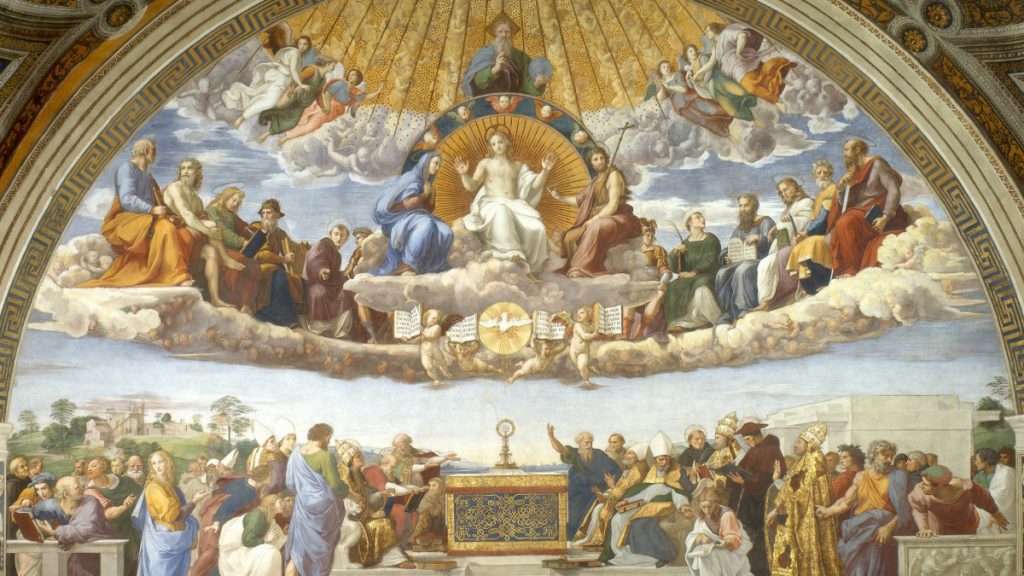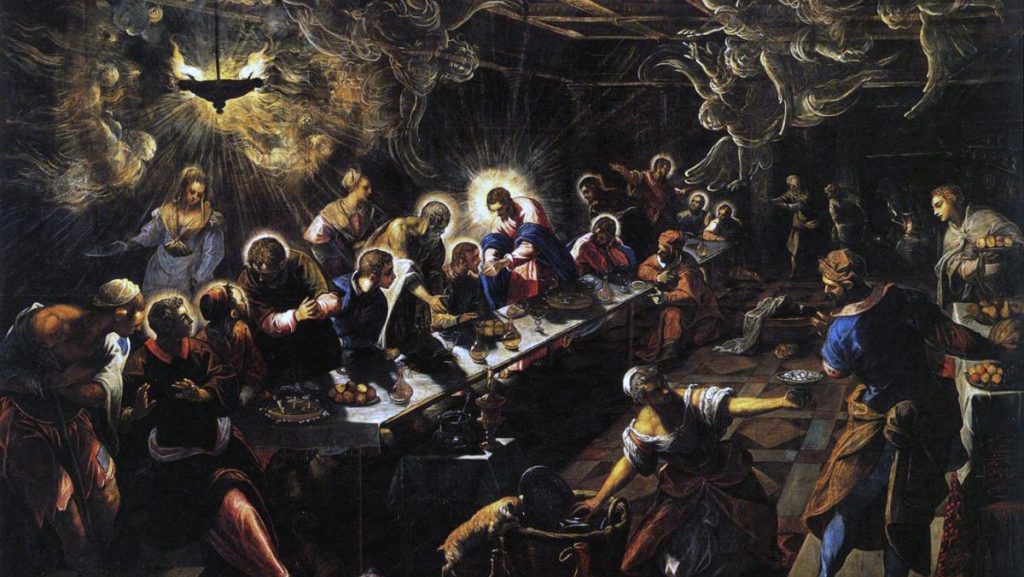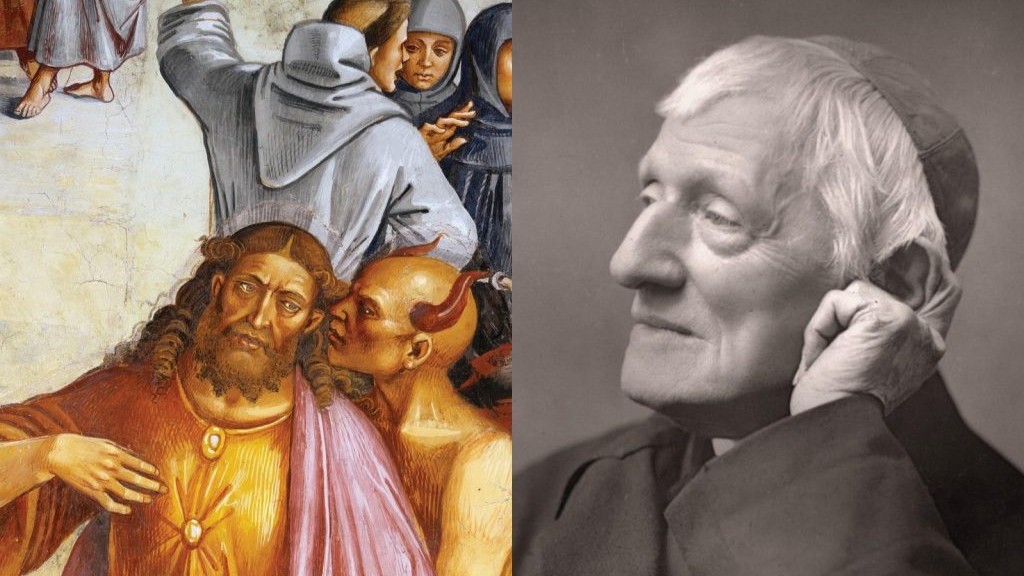(Updated May 28, 2025)
Benjamin Rush (1746-1813) was an American Founder who attended the Second Continental Congress and signed the Declaration of Independence. He was also a physician, and considered one of the “Founding Fathers” of American medicine.
Treatises
Benjamin Rush, On the Necessary Connection between Observation and Reasoning in Medicine (November 7, 1791)1
It is peculiar to man to divide what was intended by the Author of nature to be indivisible. Religion and morals, government and liberty, nay, even reason and the senses, so happily paired by the Creator of the world, in the order in which they 12 | 13 have been mentioned, have each been disunited by the caprice and folly of man. The evils which have arisen from this breach in the symmetry of the divine government [are too numerous to] be enumerated.
Benjamin Rush, On the Influence of Physical Causes in Promoting an Increase of the Strength and Activity of the Intellectual Faculties of Man (November 18, 1799)2
It is a fact worthy of notice, that the most enlightened parts of the world, in general and useful science, are those in which the doctrines of the Christian religion are taught and believed.
Letters
Benjamin Rush, To John Adams (June 15, 1789)
Many pious people wish the name of the supreme Being had been introduced somewhere in the new Constitution. Perhaps an acknowledgement may be made of his goodness, or of his providence in the proposed amendments. In all enterprises, & parties, I believe the praying, are better Allies, than the fighting part of [all] communities.
Benjamin Rush, To John Adams (February 24, 1790)
[Recounting an anecdote he wrote down] Upon my return from the army to Baltimore in the winter of 1777, I sat next to John Adams in Congress, and upon my whispering to him and asking him if he thought we should succeed in our struggle with Great Britain, he answered me, “Yes—if we fear God and repent of our sins.” This anecdote will I hope teach my boys that it is not necessary to disbelieve Christianity, or to renounce morality in order to arrive at the highest political usefulness or fame.
Again, in Baltimore—I asked John Adams if he thought we were qualified for republican forms of Government—He said “No, and never should be ‘till we were ambitious to be poor.”
Benjamin Rush, To Noah Webster (July 20, 1798)3
But alas! my friend, I fear all our attempts to produce political happiness by the solitary influence of human reason will be as fruitless as the search for the philosopher’s stone. It seems to be reserved to Christianity alone to produce universal, moral, political, and physical happiness. Reason produces, it is true, great and popular truths, but it affords motives too feeble to induce mankind to act agreeably to them. Christianity unfolds the same truths and accompanies them with motives, agreeable, powerful, and irresistible. I anticipate nothing but suffering to the human race while the present systems of paganism, deism, and atheism prevail in the world. New England may escape the storm which impends our globe, but if she does, it will only be by adhering to the religious principles and moral habits of the first settlers of that country.
Benjamin Rush, To Thomas Jefferson (August 22, 1800)
I have always considered Christianity as the strong ground of Republicanism. Its Spirit is opposed, not only to the Splendor, but even to the very forms of monarchy, and many of its precepts have for their Objects, republican liberty & equality, as well as simplicity, integrity & economy in government.
It is only necessary for Republicanism to ally itself to the Christian Religion, to overturn all the corrupted political and religious institutions in the World…
Benjamin Rush, To Thomas Jefferson (October 6, 1800)
I agree with you in your Opinion of Cities. Cowper the poet very happily expresses our ideas of them compared with the Country. “God made the Country—man made Cities.” I consider them in the same light that I do Abscesses on the human body viz: as reservoirs of all the impurities of a Community…
I agree with you likewise in your wishes to keep religion and government independent of each Other. Were it possible for St. Paul to rise from his grave at the present juncture, he would say to the Clergy who are now so active in settling the political Affairs of the World: “Cease from your political labors your kingdom is not of this World. Read my Epistles. In no part of them will you perceive me aiming to depose a pagan Emperor, or to place a Christian upon a throne. Christianity disdains to receive Support from human Governments. From this, it derives its preeminence over all the religions that ever have, or ever Shall exist in the World. Human Governments may receive Support from Christianity but it must be only from the love of justice, and peace which it is calculated to produce in the minds of men. By promoting these, and all the Other Christian Virtues by your precepts, and example, you will much sooner overthrow errors of all kind, and establish our pure and holy religion in the World, than by aiming to produce by your preaching, or pamphlets any change in the political state of mankind.”
Benjamin Rush, To Thomas Jefferson (May 5, 1803)
I have read your Creed with great attention, and was much pleased to find you are by no means so heterodox as you have been supposed to be by your enemies. I do not think with you in your account of the character and mission of the Author of our Religion, and my opinions are the result of a long & patient investigation of that Subject. You shall receive my creed shortly. In the mean while we will agree, to disagree. From the slender influence which Opinions in Religion have upon morals, and from the bad practices of many people, who have graduated themselves at the highest point on the scale of orthodoxy, I have long ceased to consider principles of any kind as the criterion of disposition and conduct, & much less of our future acceptance at the bar of the supreme Judge of the World.
The prevalence of a narrow Spirit in our country with respect to principles, to which you allude, shall induce me faithfully to comply with your request by not communicating the contents of your creed even to your friends.
Adieu! my Dear Sir. May the Ruler of nations direct, and prosper you in all your duties and enterprises in the present difficult & awful posture of human Affairs!
Benjamin Rush, To John Adams (January 23, 1807)
By renouncing the Bible, philosophers swing from their moorings upon all moral Subjects. Our Savior in speaking of it calls it “Truth,” in the Abstract. It is the only correct map of the human heart that ever has been published. It contains a faithful representation of all its follies, Vices & Crimes. All Systems of Religion, morals, and Government not founded upon it, must perish, and how consoling the thought—it will not only survive the wreck of those Systems, but the World itself. “The Gates of Hell shall not prevail against it” (Matt. 16:18).
Footnotes
- Benjamin Rush, Six Introductory Lectures Upon the Institutes and Practice of Medicine (Philadelphia: John Conrad, & Co., 1801), 12-13. ↩︎
- Benjamin Rush, Six Introductory Lectures Upon the Institutes and Practice of Medicine (Philadelphia: John Conrad, & Co., 1801), 112. ↩︎
- Benjamin Rush, L.H. Butterfield, eds., Letters of Benjamin Rush: Volume II, 1793-1813 (Princeton: Princeton University Press, 1951), 799. ↩︎
